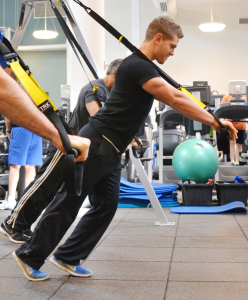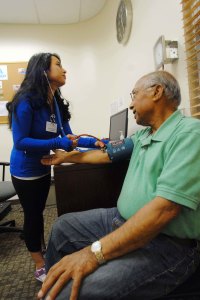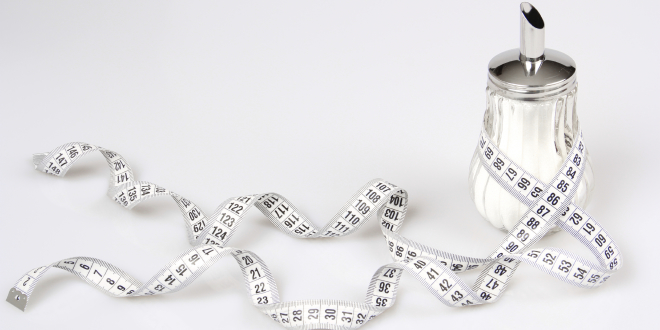by Michelle Sutton-Kerchner
Let diabetes be motivation to get the exercise you need …
Life should be a constant flow of healthy initiatives. Prevention is the best medicine. According to a study from the Diabetes Prevention Program, healthy lifestyle improvements (through diet and exercise) reduced the risk of contracting type 2 diabetes by 58 percent. Good nutrition and exercise also provide extensive benefits to those already diagnosed with diabetes. If you have diabetes or prediabetes, don’t take it sitting down!
Strength training and cardio workouts improve the body’s use of insulin and lower blood sugar levels. Exercise also improves circulation, including in the extremities. This encourages healing, especially important for diabetics who are known to suffer from peripheral neuropathy. Working out also helps maintain a healthy body weight and blood pressure, particularly important for those with diabetes.
Proper diet and regular exercise often helps reduce medication levels and simplifies treatment plans for diabetes. Whether you’ve been a lifelong athlete or never did a jumping jack, exercising with a heath condition like diabetes requires some precautions.
Check in with your physician: Although you may feel fine and have symptoms well controlled, speak with your physician about any special exercise requirements. Those with diabetes usually are cleared for any type of fitness program they enjoy, as long as executed properly.
Know your medication: Certain medications can have side-effects during increased physical activity. Blood sugar can drop too much, causing lightheadedness, dizziness, and (in extreme cases) seizures. Ask your physician if an adjustment to medication or insulin is needed on workout days.
Monitor blood sugar: Test your blood sugar prior to a workout. A small pre-workout snack is recommended if blood sugar is below 100. Keep juice or glucose tablets with you for a boost, if needed.

Strength train: By increasing metabolism, strength training helps the body burn calories even when at rest. Muscle is a great fat-burner. Diabetes can affect blood vessels and nerves throughout the body. Extra care may be required when lifting heavy weights, especially when standing.
Get your heart pumping: Cardiovascular workouts improve circulation and heart health. They also torch calories to help maintain a healthy body weight. Increase to 150 minutes of moderate aerobic exercise per week. Break them into as little as 15-minute segments, if necessary.
Stay hydrated: Drink plenty of water before and after a workout. You don’t want to confuse signs of dehydration with unhealthy blood sugar levels.
Feet first: Make your feet a priority. Check them often for blisters or sores. Diabetes makes one prone to foot health issues. Be diligent about caring for your feet. Use moisture-wicking socks. Be sure sneakers, and all shoes, fit properly and provide appropriate support. If any problems present, alert your physician.

Many of the Center’s fitness professionals are skilled in helping members with special needs or health concerns. A personal trainer or fitness instructor can offer advice on the best workout based on your health history. The Center nurse is available to monitor your condition, and immediately respond if blood sugar levels take a drastic shift. Always wear a medical ID tag to alert others in the event of an emergency.
Inform staff and workout buddies of your condition. You’ll have the benefit of a supportive community, and the peace-of-mind of their knowledge.
Sources
Diabetes.niddk.nih.gov
Webmd.com.
 Fitness & Wellness News Your Source for Fitness News, Wellness News, Health News, and Nutrition News!
Fitness & Wellness News Your Source for Fitness News, Wellness News, Health News, and Nutrition News!




